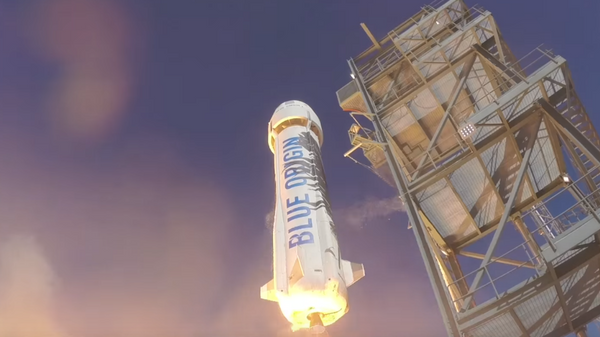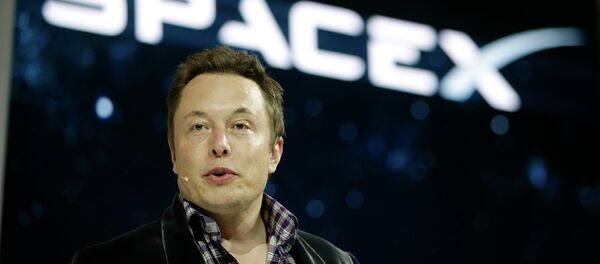A predominantly limiting factor in space travel is that many major components of liftoff must be discarded once the rocket has escaped the Earth’s atmosphere. If humanity intends to travel between planets, reusable rocket boosters are a must.
Blue Origin has recently announced some major strides. Owned by Amazon CEO Jeff Bezos, the company has had its share of setbacks, but on Friday, engineers successfully landed a rocket that previously took off and landed in November.
"The very same New Shepard booster that flew above the Karman line and then landed vertically at its launch site last November has now flown and landed again, demonstrating reuse," Bezos said in a press release.
"This time, New Shepard reached an apogee of 333,582 feet (101.7 kilometers) before both capsule and booster gently returned to Earth for recovery and reuse."
The company plans to repeat the feat “again and again” later this year to continue to improve the technology.
Blue Origin isn’t the only aerospace company developing reusable tech. SpaceX, founded by Tesla CEO Elon Musk, is pioneering space travel with their Falcon 9 rocket, placing 11 Orbcomm communication satellites in orbit before being successfully recovered.
SpaceX is developing reusable rockets, but it is unlikely that the Falcon 9 will reuse the same booster in subsequent tests. Musk told reporters that they will instead perform a ground test so that “all systems are good and that we're able to do a full-thrust hold-down firing of the rocket.”
Whichever billionaire ultimately makes the biggest contribution to the ongoing corporate space race, humanity will certainly benefit from their endeavors.
"We will need to build very large rocket boosters,” Bezos said, “to achieve our vision of millions of people living and working in space."



